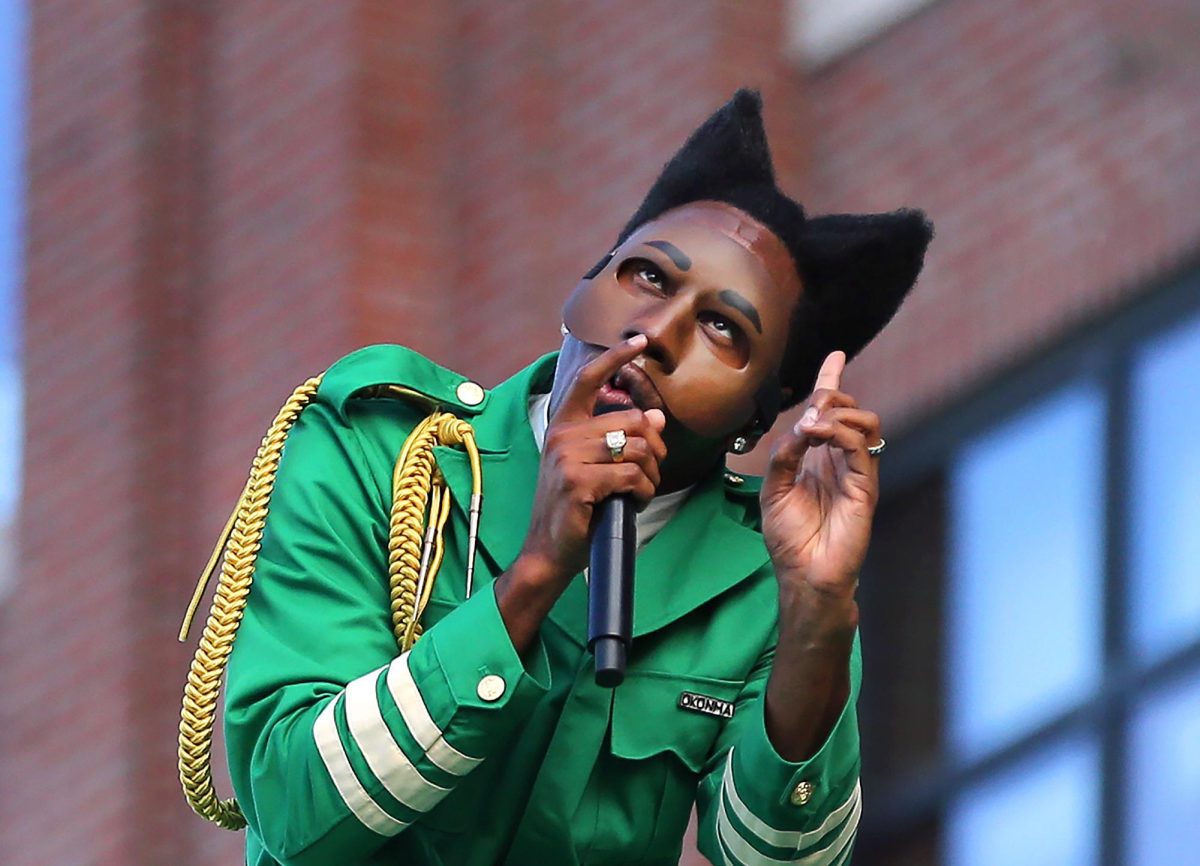‘Crazy Heart’ director stops in Pittsburgh
February 5, 2010
A word of advice for aspiring directors: Don’t hesitate to let your parents’… A word of advice for aspiring directors: Don’t hesitate to let your parents’ tastes influence your work.
Before directing the critically acclaimed “Crazy Heart,” before acting his way through Civil War epics and TV dramas, Scott Cooper grew up listening to his father’s country records in the Blue Ridge mountains of Virginia.
“I literally cut my teeth at a very young age listening to great country musicians and also great bluegrass musicians,” Cooper said during a stop in Pittsburgh Friday. “All of those artistic influences came to bear when it was time to write and direct my first film.”
Cooper always had an aesthetic in mind, but the road to “Crazy Heart” was far from certain. Cooper had to hack his way through countless acting gigs before landing himself in the director’s chair.
“As an actor, I always found myself being a bridesmaid to Matt Damon, Jude Law, Ethan Hawke,” Cooper said. “I was always working but never doing the stuff that was really fulfilling and rewarding and personal.”
Tired of having his true talents marginalized, Cooper said he sought to combine two of his major interests: Southern culture and directing.
An adaptation of the 1987 novel by Thomas Cobb, “Crazy Heart,” seemed to fit the bill.
Of course, Cooper had help with the adaptation. Oscar-winning actor and fellow Virginian Robert Duvall, in addition to playing a character in the film, signed on as a producer.
“He was the patron saint to this project. [The film] could never have happened if it wasn’t for Robert Duvall,” Cooper said. “Anytime [Duvall’s] name is on a script that’s circulating in town, it gets to the top of everybody’s stack.”
Cooper and Duvall met on the set of “Gods and Generals” and have since become wonderful friends. Cooper even got married on Duvall’s farm.
As if on cue, Cooper had to silence a call from Duvall at one point during the interview.
“I think he liked my approach to the craft,” Cooper said. “We shared sensibilities. We shared likes with films and actors and sports and literature.”
Cooper, Duvall and the rest of the cast have crafted the underdog hit of the year together.
“Crazy Heart” is the story of Bad Blake (Jeff Bridges, who won a Golden Globe for the performance and was nominated for an Oscar), a washed-up country singer who spends more time drinking than he does writing music.
His typical venue is a bowling alley or small bar, and his protégé, Tommy Sweet (Colin Farrell), has totally eclipsed him in popularity.
But when he meets journalist Jean Craddock (Maggie Gyllenhaal, also nominated for an Oscar), he breaks from his funk, bonding with her son and writing new songs. The question is, will the change last?
“I always wanted this film to evoke the 1970s, which were the great films, in my opinion,” Cooper said. “All those films were about character and behavior and not so much plot.”
A film like “Crazy Heart” wouldn’t be much without music.
Thankfully, Cooper was able to enlist a host of talent for the score, including musician-producer T-Bone Burnett and singer-songwriter Ryan Bingham — musicians who epitomize the antihero image of country music.
“What attracted me to that kind of music were guys who always wrote about their life experiences,” Cooper said. “They lived on the edge, and they were iconoclasts. They were rebellious, anti-establishment, and I found that to be more interesting cinematically.”
Cooper’s approach to filmmaking is one of wholesome storytelling.
Regarding the messages he hoped audiences will take from the movie, Cooper said, “That we’re all flawed and that we’re never too old for second, third and fourth chances and that we can overcome and experience fully all of [the] themes that course through the movie, which are loss, hope, regret, redemption.”


